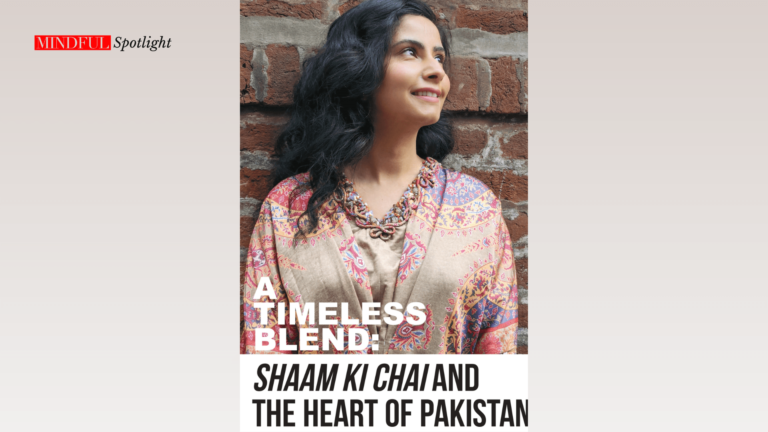Nitasha Syed, a Senior Product Manager with a background in software engineering, has always maintained a strong connection to her Pakistani roots. Growing up in Canada, she took pride in her heritage but was frustrated by the constant negative portrayal of Pakistanis in the media. Determined to make a difference, Nitasha sought to showcase the true essence of Pakistan, highlighting its beauty, vibrancy, and resilience. This passion led to the creation of “Shaam ki Chai,” a podcast dedicated to celebrating Pakistan’s untold stories, challenging biases, and fostering a narrative of hope and understanding.
Q1. To start off, could you share with our readers a bit about your own personal journey?
My parents migrated to Canada from Pakistan in the ‘90s, where I grew up like most third culture kids, trying to balance my identity between where I was born and where my roots were from. Travelling to Pakistan for about a quarter every year, helped me understand and immerse in my culture, which gave me a certain sense of what my life as an adult would look like; get a degree, be introduced to someone, get married, have children, and focus on raising them with the same values I was raised with. But you know how they say, if you want to make God laugh, you should tell him the plans you have for your future!
While at college, I decided to follow in my father’s footsteps by enrolling in a computer science degree. During my last semester though, he was diagnosed with a fatal form of brain cancer and most of my time was spent at the hospital. After graduating, I decided to live on my own – something I could have never imagined doing- and focus on building my career in startups. I learnt about what it would mean to work at a company that gets acquired, moved to Silicon Valley and became a Product Manager at startups in verticals like healthcare, financial services, and now Cybersecurity. As a 15-year-old Pakistani immigrant girl, I couldn’t have fathomed that one day I would work on building a product line used by millions of people.
Alhamdulillah, for all the ups and downs that life brought. Alhamdulillah, for the loss that strengthened me to become who I am, the education that gave me the confidence to walk into rooms I didn’t even know existed, and for always having the duas of my mother and family members alongside me every step of the way.
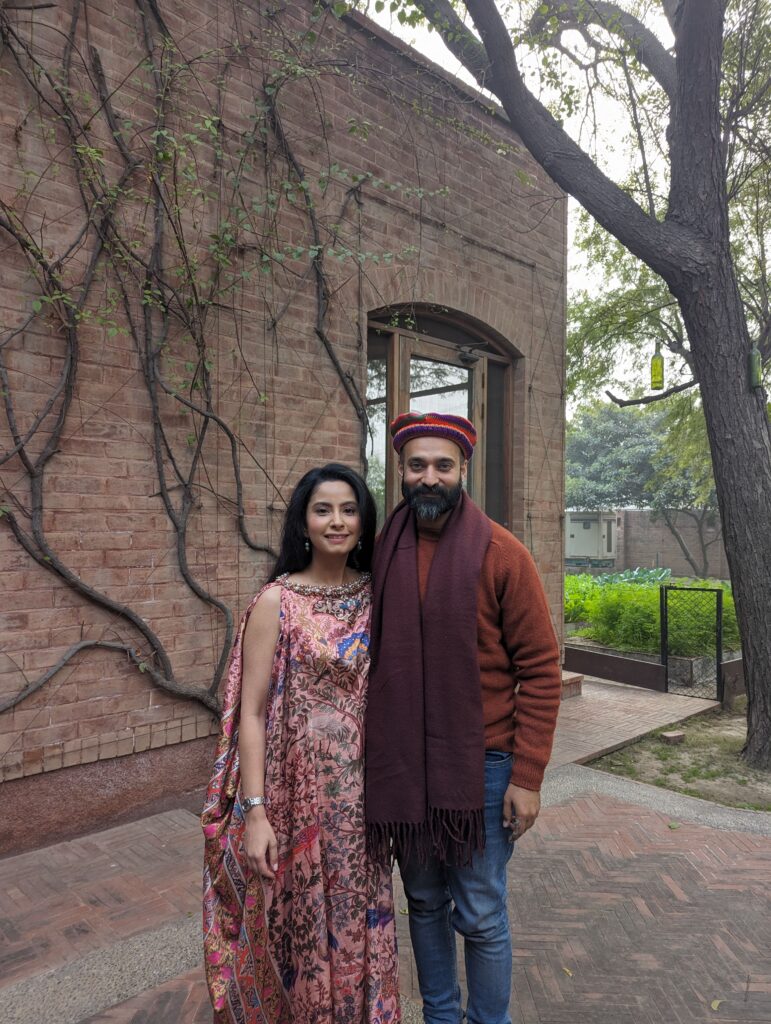
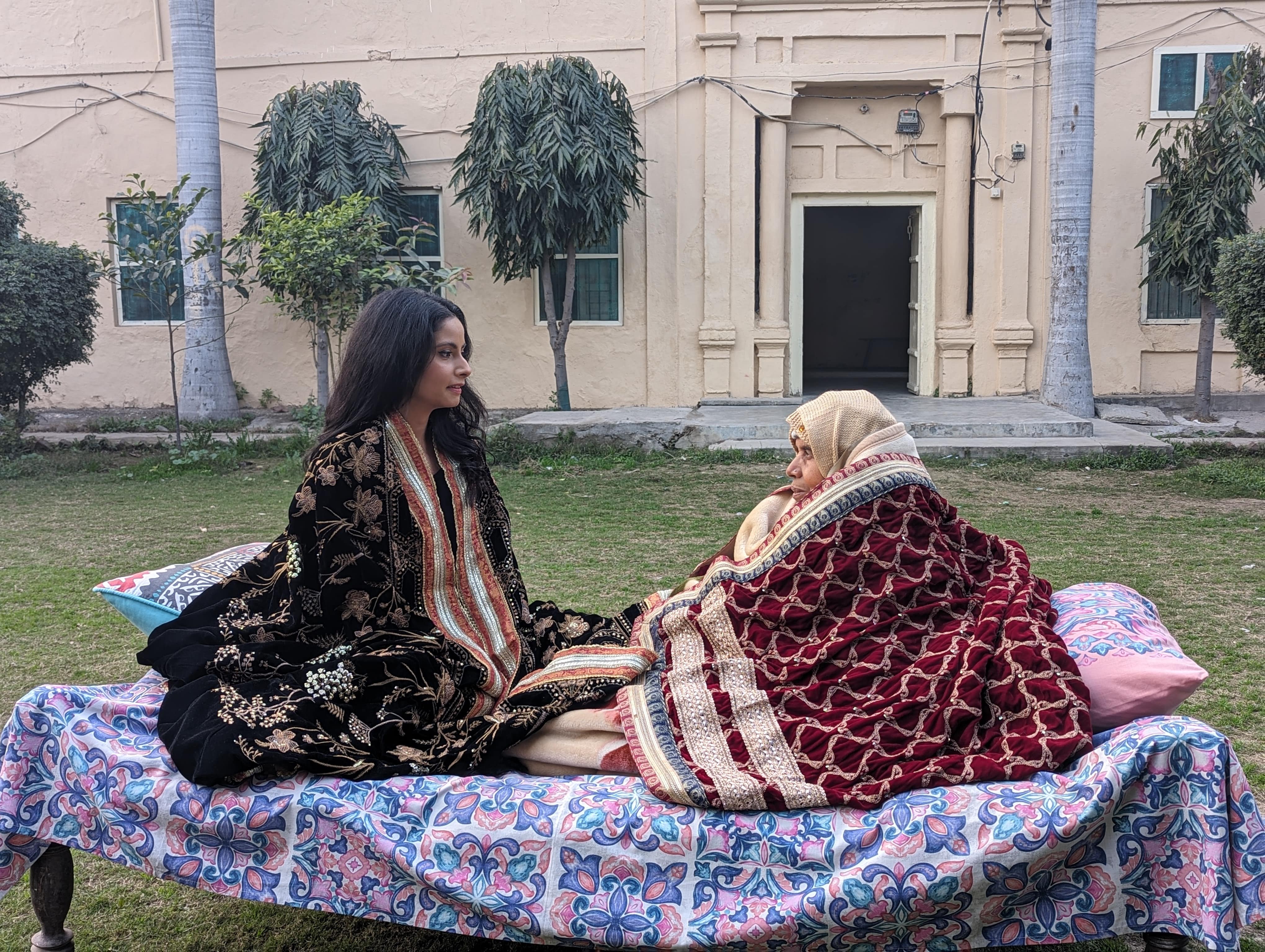
Q2. How has your upbringing outside of Pakistan influenced your perspective on your heritage and culture?
I think it definitely made me question certain aspects of my heritage and culture. I didn’t realize the opinions that I had formed as a young adult, but now that I look back at my life, I understand being exposed to different cultures can broaden the perspective you might be raised with. When you’re outside of Pakistan, it doesn’t matter whether you’re Urdu speaking, Punjabi, Sindhi – you’re just Pakistani. You grow up around nuclear family units and joint family units, realizing there is good and bad to both structures. You go to school with kids who are being raised by single parents; in some family units, the husbands stay home, and the women go to work, and you realize there is more than one way to live a good life. When you go onto live your own life, cultural norms and responsibilities start creeping up, and that’s when you start to question why certain things are necessary.
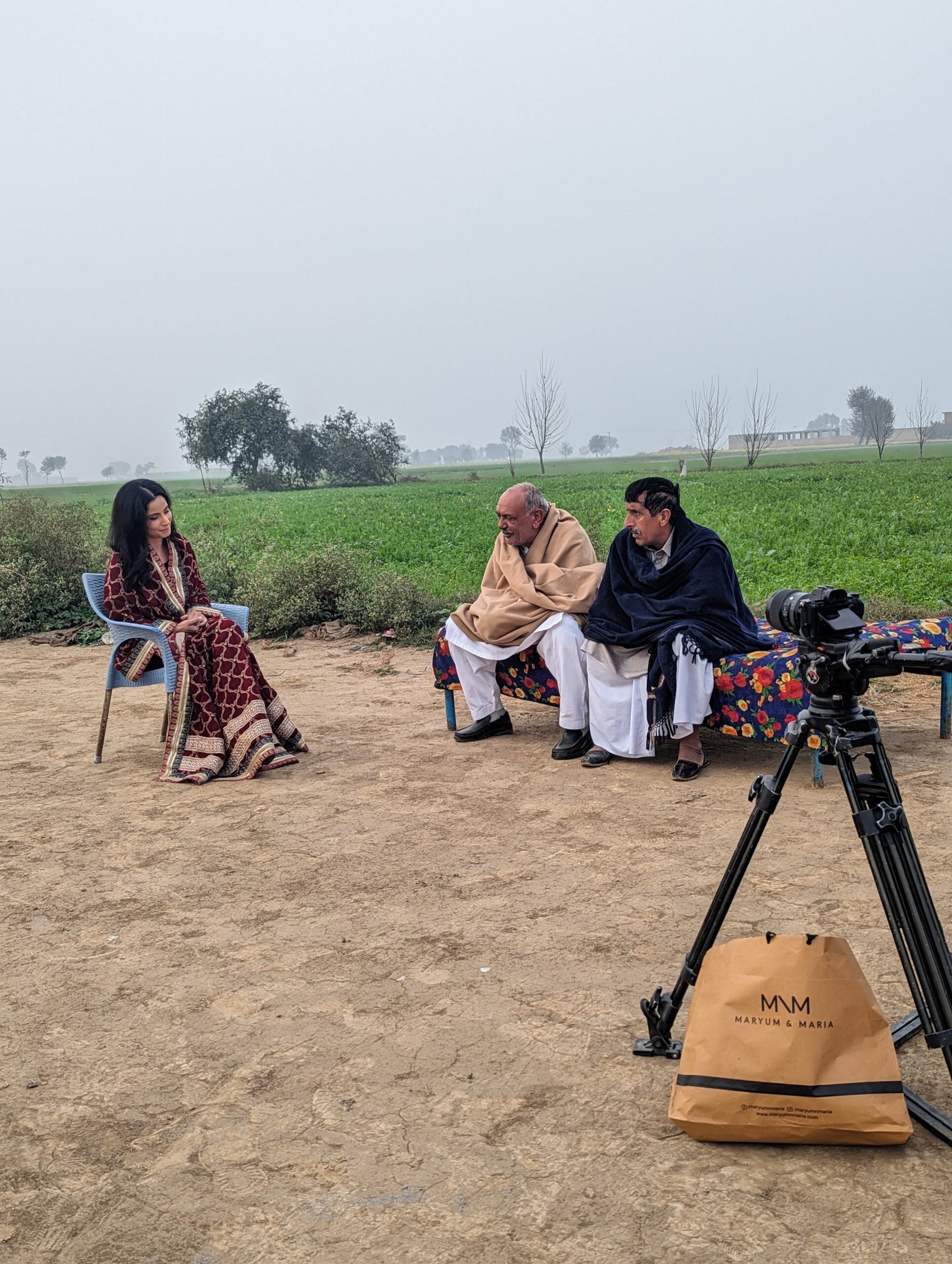
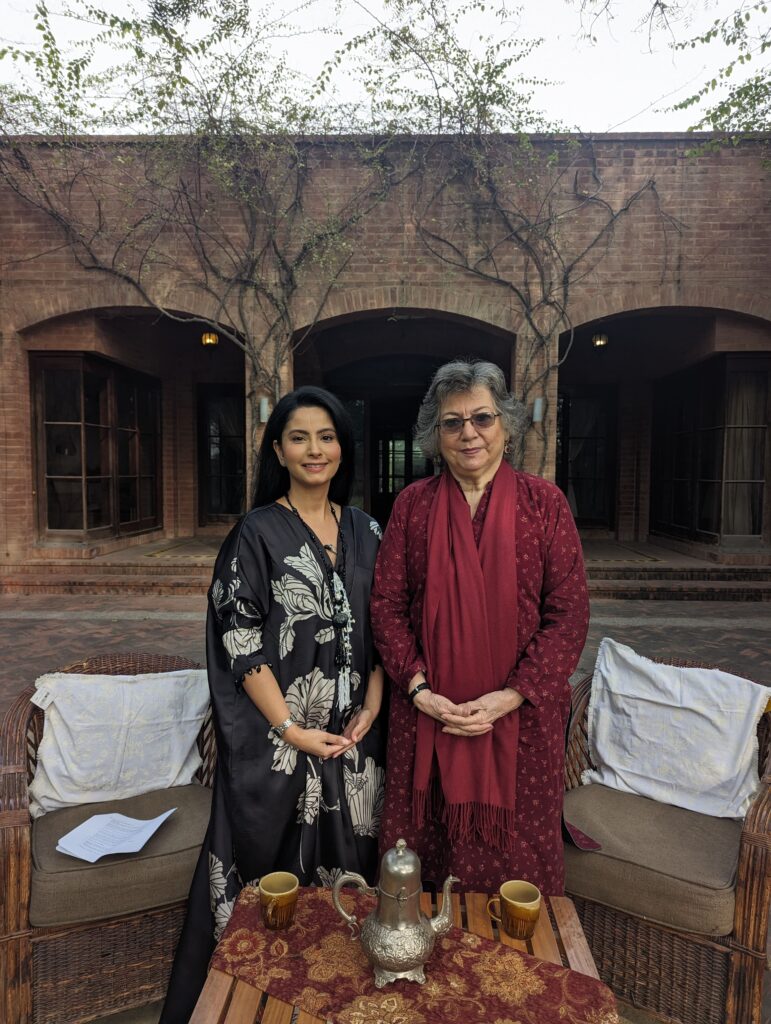
Q3. Can you share any fond memories or experiences from your childhood that strengthened your connection to Pakistan?
Driving down the road next to Clifton beach with my cousins, the original “aadat” had just hit the radio, and it was blasting in the car, windows down, Pakola in hand (with no care about where those calories would go) – life was good.
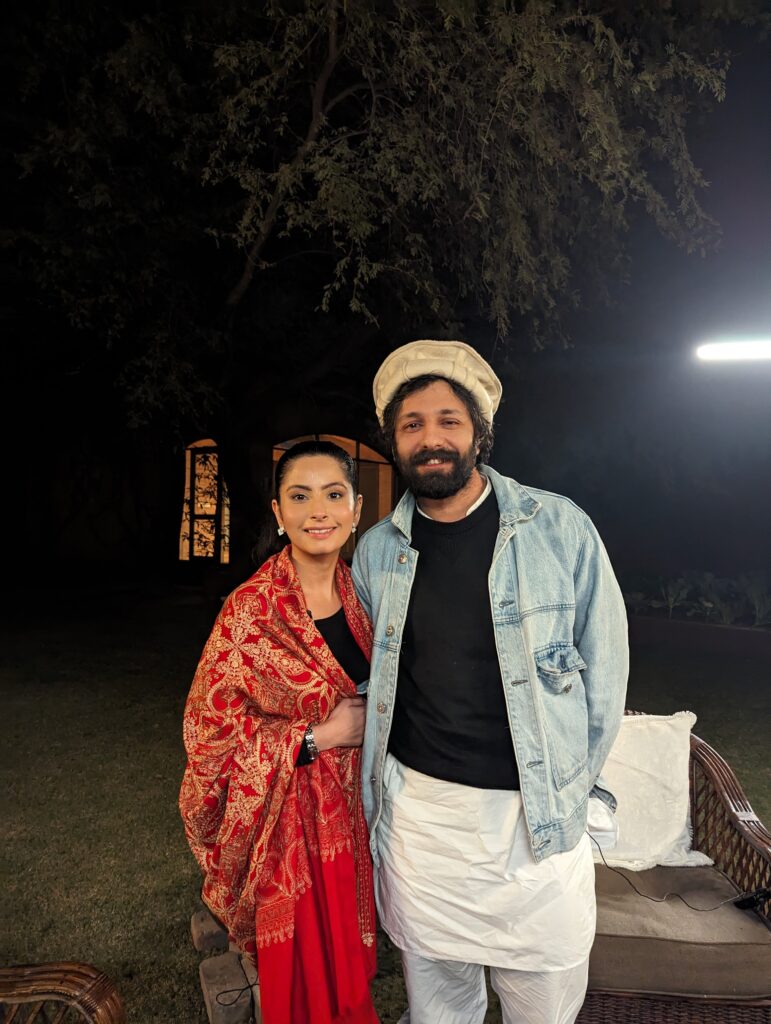
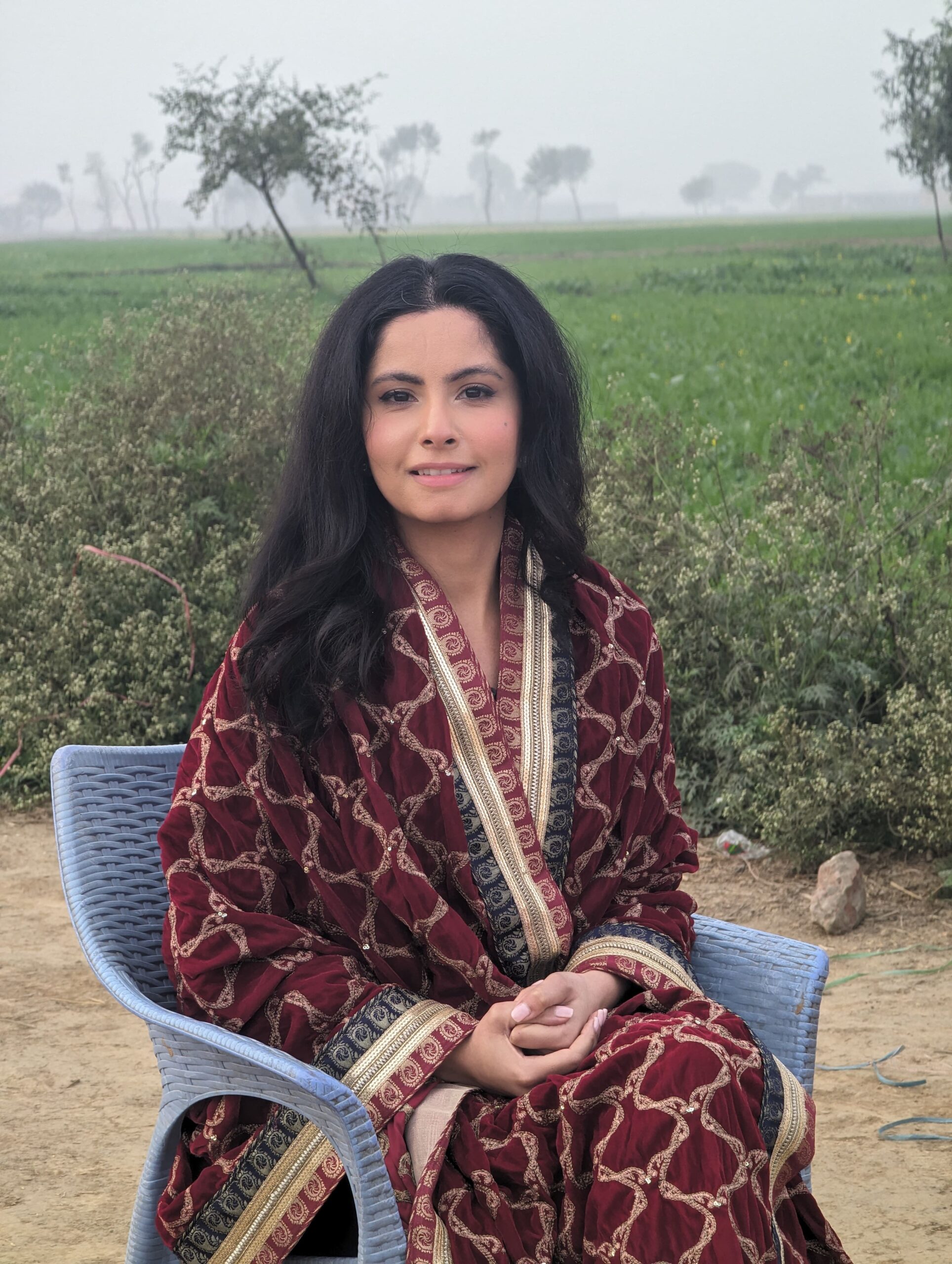
Q4. What’s the concept behind ‘Shaam Ki Chai’ and how did you start the project?
The media can really dictate how a society functions. There’s a reason why governments, brands, and companies have large media budgets. They understand that if they control the narrative, they can control the way the world sees a specific topic. This means they have power over the way people behave and the way certain skin colors or religions are judged (and how religion is interpreted). For many years, the media has looked up to the western world and its culture – which has been built off the backs of people that look like me.
Media (national and international) has not been kind in its portrayal of Pakistani people. The ‘Pakistani terrorist’ is a common stereotype in western movies and TV shows. If you look at the plots in most popular Pakistani TV shows, they’re centred around the ‘toxic husband,’ or the ‘martyr bechari woman’ who kills herself for her family or abusive husband.
No society is perfect and our media has done a good job in highlighting pertinent issues, but it seems like there’s little or no other content being created. There’s a lot of wholesome goodness in Pakistan that needs to be shared with the world as well. I refuse to let myself or the men/women of my family, community, and culture be defined by negative anecdotes on a national or international platform. I also look back to the early days of Pakistan and its media industry where we were able to have nuanced conversations, women were empowered /educated, and men showed affection.
Q5. How does ‘Shaam Ki Chai’ aim to challenge Pakistan’s negative portrayal in the media?
The media’s portrayal of our people isn’t reflective of their willingness to do better and that’s what inspired me to create ‘Shaam ki Chai.’ Pakistanis are often unfairly typecast and I hope my brand and business can change that. I hope it can hold enough value to create change, and not be beholden to a value system that dehumanizes the narrative of Pakistanis (especially the minorities) for impressions, views, and political gain.
Q6. What themes do you explore at ‘Shaam Ki Chai’?
We’re not limited to any particular themes. We’ve explored the 1947 partition, the birth of Pakistan (how its food, architecture and media evolved), we’ve explored startups, the venture space, art, science – you name it!
Q7. What’s been the most rewarding aspect of the show?
Seeing people’s reaction to the show. The feeling I get when I see comments about how someone learned a new thing about Pakistan, or didn’t realize a Pakistani was behind a certain innovation makes my heart warm!
Q8. Is there a particularly memorable moment or story shared on ‘Shaam Ki Chai’ that you hold close to your heart?
Meeting Moneeza Hashmi for sure. The first female GM for PTV and one of the first women on camera in Pakistan – yes, please! I was in the presence of a legend who was so humble. She was actually so worried for me behind the scenes, because I was filming in the cold without a jacket. I will forever hold that interview close to my heart.
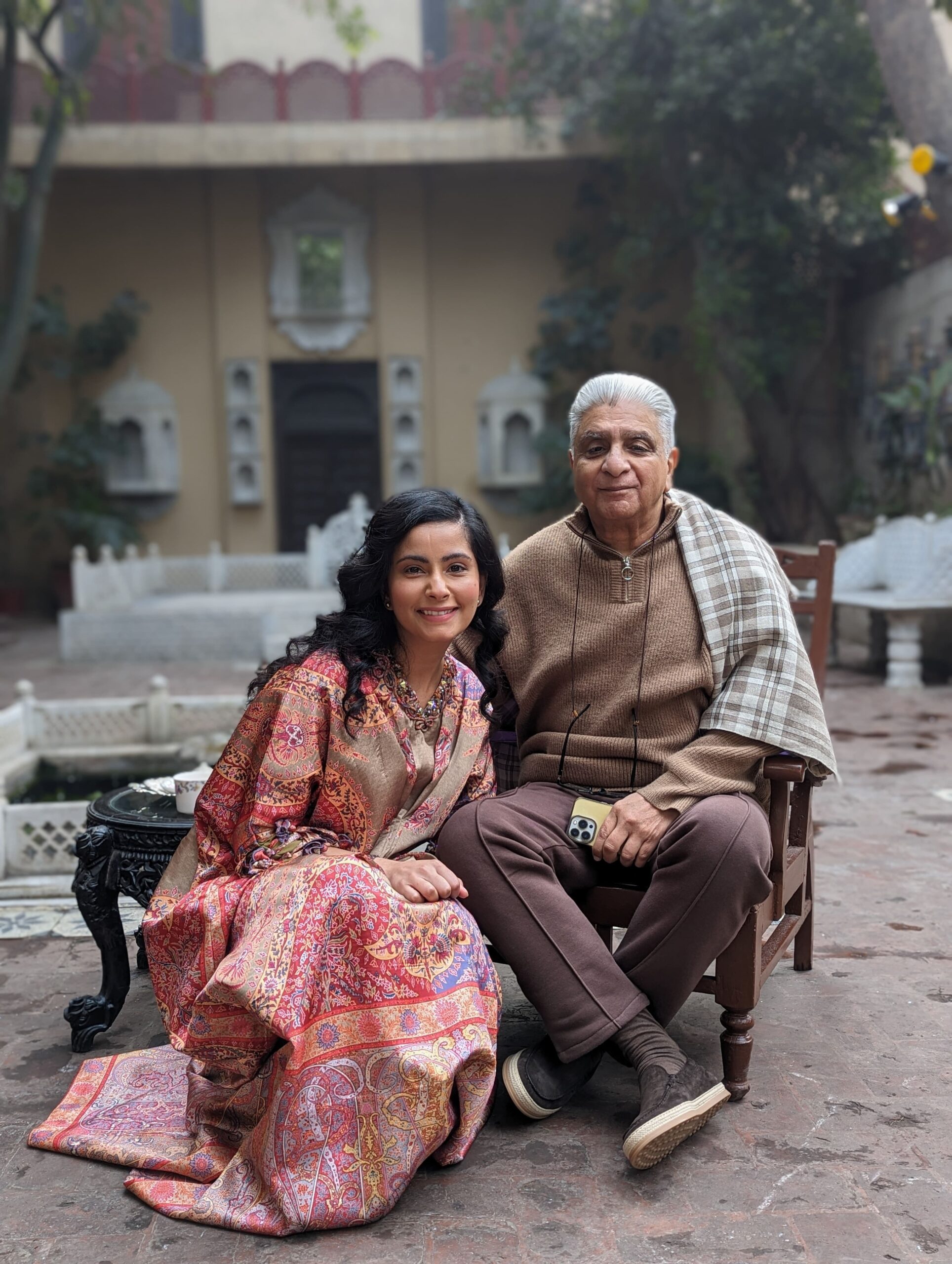
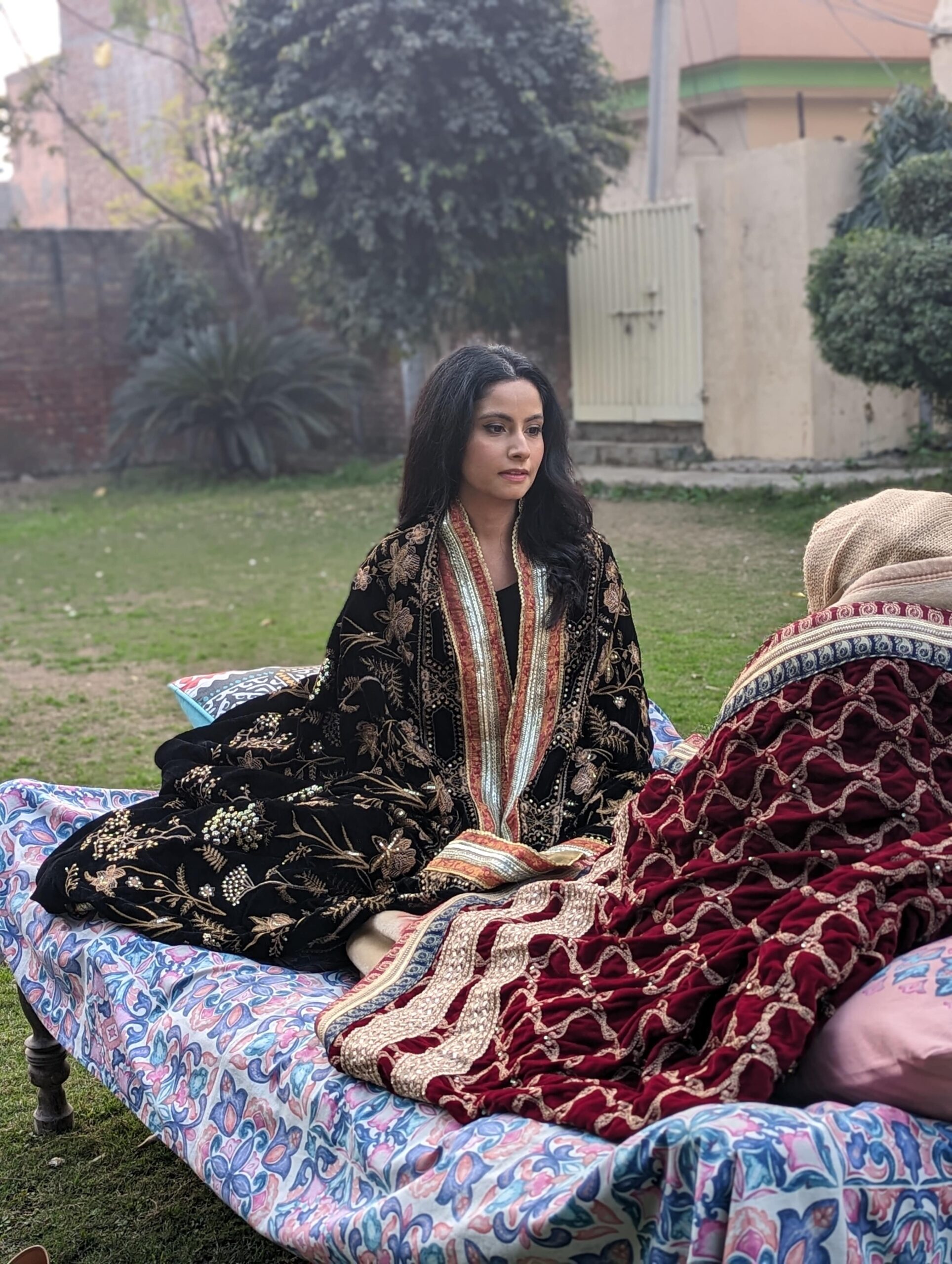
Q9. What message or feeling do you hope viewers take away after watching an episode of ‘Shaam Ki Chai?’
My hope is that someone who watches an episode of ‘Shaam Ki Chai’ learns something they can use in their everyday life. I want people to walk away from the show, not just getting a different understanding of Pakistan but also thinking of Shaam Ki Chai whenever they talk about what they learned.
Q10. What advice would you give to others who, like you, are navigating the complexities of maintaining a strong cultural identity while living in a different country?
Be proud of your identity! Most young kids that grow up in a different country from their heritage want to hide their culture to assimilate to the culture around them. Do not hide who you are. When you grow up you will have a deep sense of loss for not understanding your language, food, music, clothing. It’s your internal home. You’re eventually going to come back to it, so always keep it close!
Q11. Can you share any upcoming projects or episodes of ‘Shaam Ki Chai’ that you’re excited about, and what viewers can look forward to in the future?
Yes! We have a small segment coming soon called ‘chai chats’, where we have short 10-minute interviews with Pakistanis about a specific topic. Stay tuned to dive deep and learn some interesting things!



